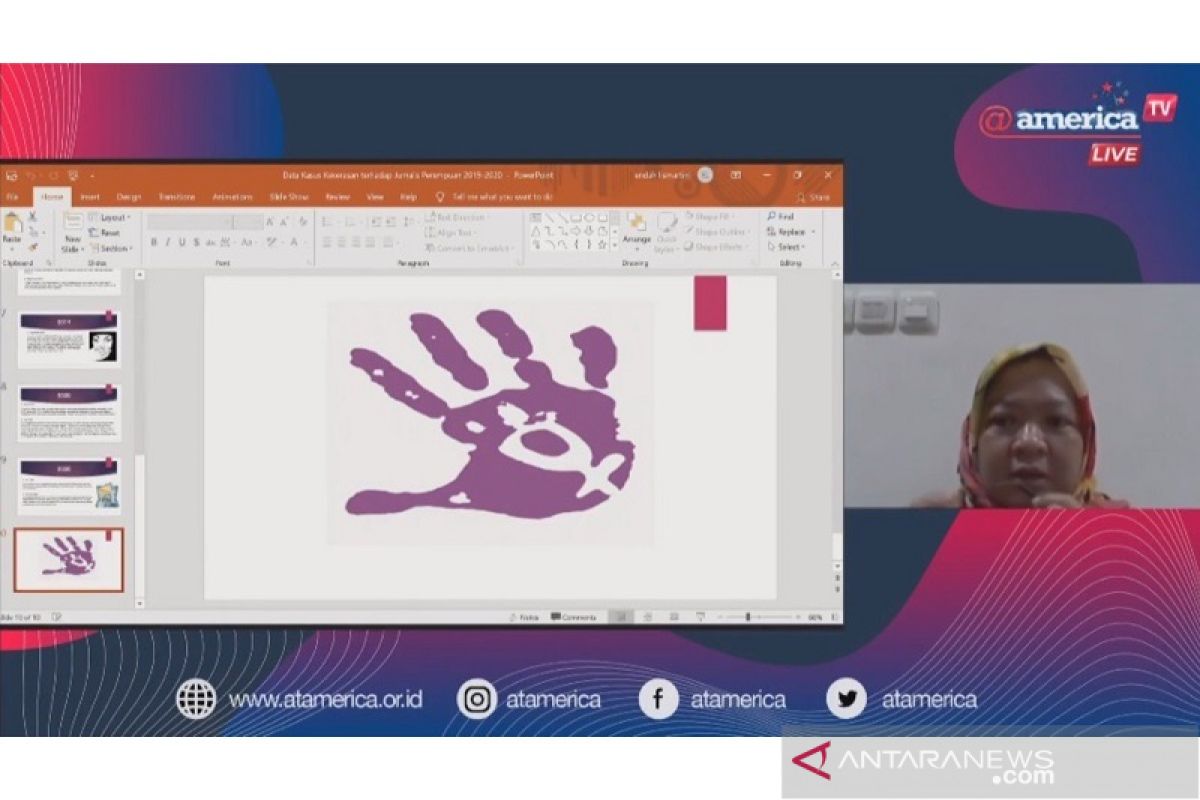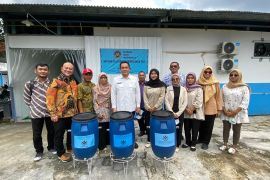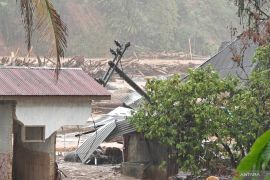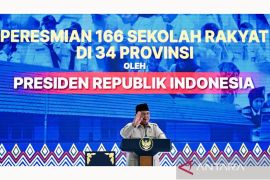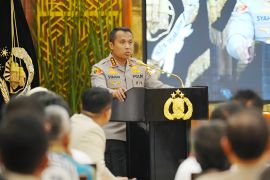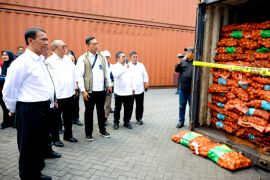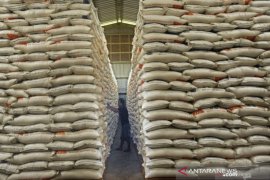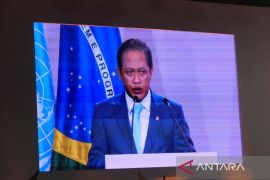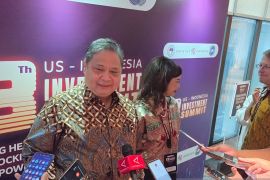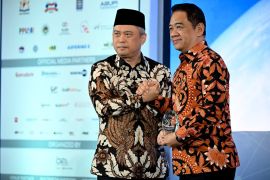November 25 each year marks the International Day for the Elimination of Violence against Women, and has also been declared the very first day of 16 Days of Activism against Gender-Based Violence, which ends on December 10 this year.
"It is perhaps impossible for some people (to believe) that zero tolerance (of violence against women journalists) could happen," Endah Lismartini, a member of the Alliance of Independent Journalists (AJI), stated during a discussion organized by the Embassy of the United States in Jakarta.
"However, for me it is very important to hope for the best in that direction. Thus, we would continue to make zero violence against women journalists possible," Lismartini, who chairs AJI's Division of Gender, Children and Marginal Groups, added.
Women journalists are more vulnerable to gender-based violence, which covers a wide range of actions and is not merely restricted to threats, terror, or social media doxing, but physical abuse, including sexual violence, she noted.
Perpetrators of violence can belong to any section of society and can include those associated with security instruments, such as military and police personnel, officials, academics, citizens, news sources, as well as colleagues, she said.
Virginia Gunawan, an Indonesian journalist with the Voice of America, said that now people are using the internet to intimidate journalists over their work through doxing, which involves making a person's personal information public, and even then, the treatment meted out to women journalists is different.
"According to one of my friend's experience, doxing against female journalists is really different than the acts towards male journalists, as she received threats that tend towards sexual harassment and unnecessary (advances),” Gunawan said.
Meanwhile, an academic from the communication department of Jogjakarta's Gadjah Mada University, Gilang Parahita, said zero tolerance of any kind of violence against female journalists is mandatory for the journalism ecosystem and stressed on the need to build a safe and inclusive work environment.
However, this might be difficult to realize if only women journalists are making efforts to eradicate violence against them, unless there is collective action from other different groups, she said.
"We need to take a detour to reach the same goal. We aim to strengthen the protection for female journalists, but perhaps the very basis of this matter is gender equality and social inclusion [...] hence, we cannot strive by ourselves alone," Parahita noted.
Related news: Erick Thohir condoles death of journalist Alwi Shahab
Related news: Jakob Oetama buried with military honors at Kalibata Heroes' Cemetery
Reporter: Suwanti
Editor: Rahmad Nasution
Copyright © ANTARA 2020
